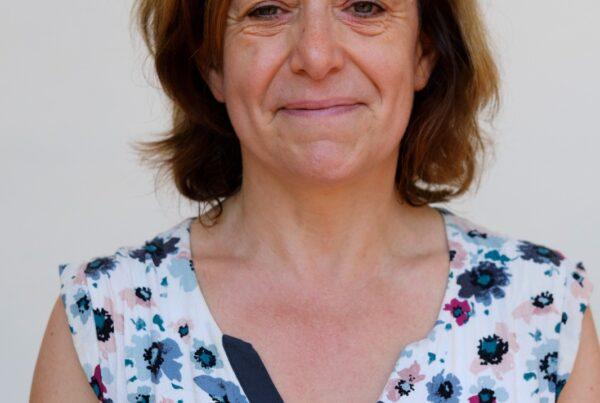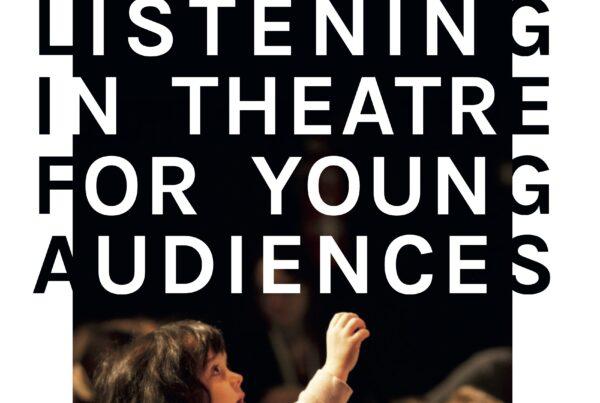In my first meetings as an Executive Committee member, seek I recall having participated in discussions about the way in which ASSITEJ should promote the celebration of the World Day of Theatre for Children and Young People. Many thought that by having a good message given by some artist of renown and spreading this message would suffice, sale and that it was not particularly necessary to promote any special activity in their countries.
In order to give more presence to ASSITEJ among Mexican artists, we decided to take it more seriously and not only to spread the message but also to promote special activities for the occasion. I was initially skeptical myself regarding this festivity, remedy but quickly realized after the first year of celebrating it that it was a unique opportunity to attract attention towards TYA and to make it clear that this particular celebration made us an essential part of an international movement.
By being part of this international world activity, the multiple references and guidelines not only contribute to awareness and understanding of other’s practices, but also to self-knowledge as well as one’s own acknowledgement. So each year as we celebrate this day, we can review where we are, what we have done, where we have moved towards, and what plans we have, as this applies to artistic, social, educational and even political arenas.
I can also remember, from these first EC meetings, the challenging discussions on quality and artistic excellence. Given the dissimilar conditions and cultural hegemonies, how do we evaluate? I am among those who think that true artists are few and can be counted on one hand, but I equally think that art and its practices enrich us all and makes everyone a more complete and complex human being.
The circumstances of each of the different countries that make up ASSITEJ are so diverse that the reasons each one can have to celebrate, are many. Some will organize a festivity, give away free theatre tickets to children and perhaps reward their best artists. Others will see the opportunity to scrutinize and identify their deficiencies, or plan, research and entreat support for their projects.
During more recent years, ASSITEJ has subscribed to the Declaration of the Rights of Children and has placed greater emphasis on their birthright to have access to culture and the aesthetic experience, through theatre. In 2016, ASSITEJ celebrates this World Day by subscribing to the Convention on the Rights of Disabled People.
Some may think that all of this is a distraction from actual artistic issues competent to our association, that perhaps TYA in its worst expressions has been used for “good” causes.
Yet others may think, on the contrary, that disqualifications narrow the viewing angle and limit perception and interpretation to conventional codes; that the diverse languages that serve theatre, will be enriched by other points of view, other forms, other sensitivities and perceptions.
Faced with challenges that are continuously brought forth by reality, I oftentimes perceive a feeling of impotence that is shared by many other creators around the world. Yet once again, TYA appears as a possibility of impact and effect, of participation, reunion, and collaboration. A possibility of creation.






